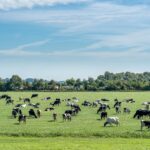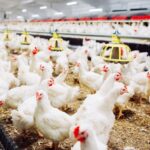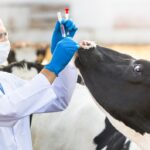Agribusiness in South Africa offers numerous opportunities due to the country’s rich agricultural heritage, favorable climate, and diverse ecosystems. Here are 20 promising agribusiness ventures you can explore, along with insights on opportunities, execution strategies, and potential challenges.
1. Crop Farming

Crop farming involves cultivating plants for food, fiber, biofuel, and other products used to sustain and enhance human life. In South Africa, the diverse climate allows for a variety of crops such as maize, wheat, sugarcane, and citrus fruits. Successful crop farming requires selecting the right crops for the local climate, using advanced farming techniques, and staying updated on market demands and prices.
- Opportunities: Growing demand for fresh produce, cereals, and export crops.
- Pros: High demand, variety of crops.
- Cons: Weather dependency, market fluctuations.
- Execution: Select high-demand crops, use advanced farming techniques.
- Why: Diverse climate supports multiple crops.
2. Livestock Farming
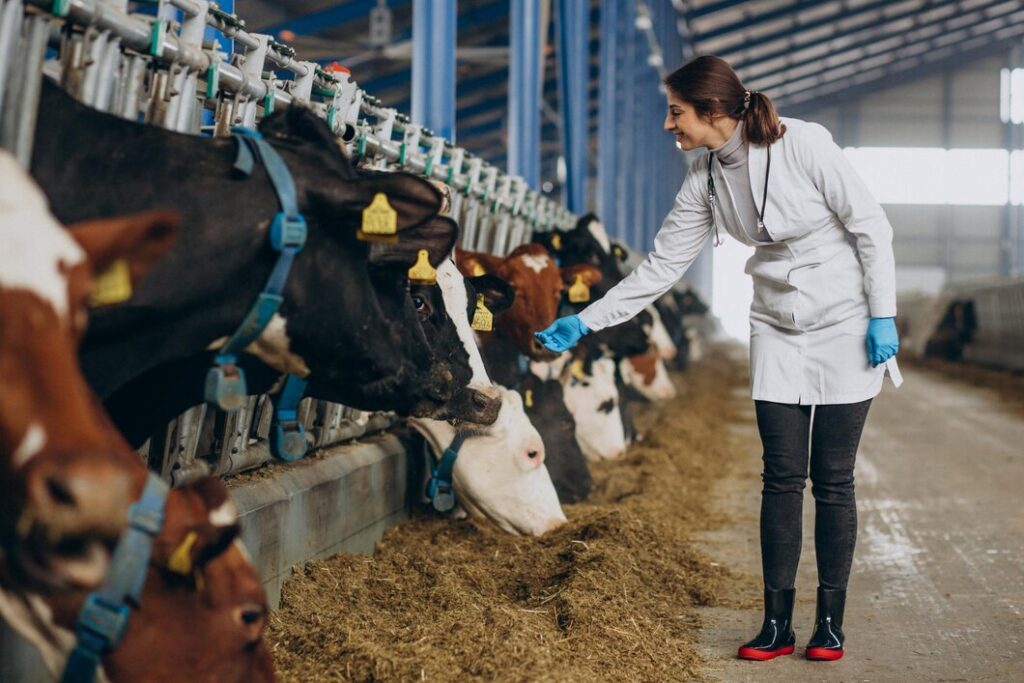
Livestock farming is the practice of breeding and raising animals for meat, dairy, wool, and other products. Common livestock in South Africa includes cattle, sheep, goats, and poultry. This agribusiness demands a strong focus on animal health, nutrition, and breeding practices to ensure high productivity and profitability.
- Opportunities: High demand for meat, dairy, and poultry products.
- Pros: Steady market, variety of livestock options.
- Cons: Disease management, high initial costs.
- Execution: Focus on health management, quality breeding.
- Why: Strong local and export markets.
3. Organic Farming

Organic farming avoids the use of synthetic chemicals and genetically modified organisms (GMOs), emphasizing natural processes and sustainability. In South Africa, the growing demand for organic produce is driven by increasing health awareness. This type of farming requires certification and adherence to strict standards but allows farmers to charge premium prices.
- Opportunities: Rising health consciousness and demand for organic produce.
- Pros: Premium pricing, sustainable practices.
- Cons: Certification costs, niche market.
- Execution: Obtain organic certification, focus on quality.
- Why: Growing market for healthy, sustainable food.
4. Agri-Tourism

Agri-tourism combines agriculture with tourism, offering visitors a chance to experience farm life. Activities can include farm stays, tours, and hands-on farming experiences. In South Africa, this sector is growing as urban dwellers seek unique and educational experiences. Agri-tourism provides additional revenue streams and promotes local agriculture.
- Opportunities: Combining farming with tourism.
- Pros: Additional income streams, educational opportunities.
- Cons: Seasonal business, marketing challenges.
- Execution: Develop farm stays, tours, and activities.
- Why: Unique experiences for urban dwellers.
5. Beekeeping
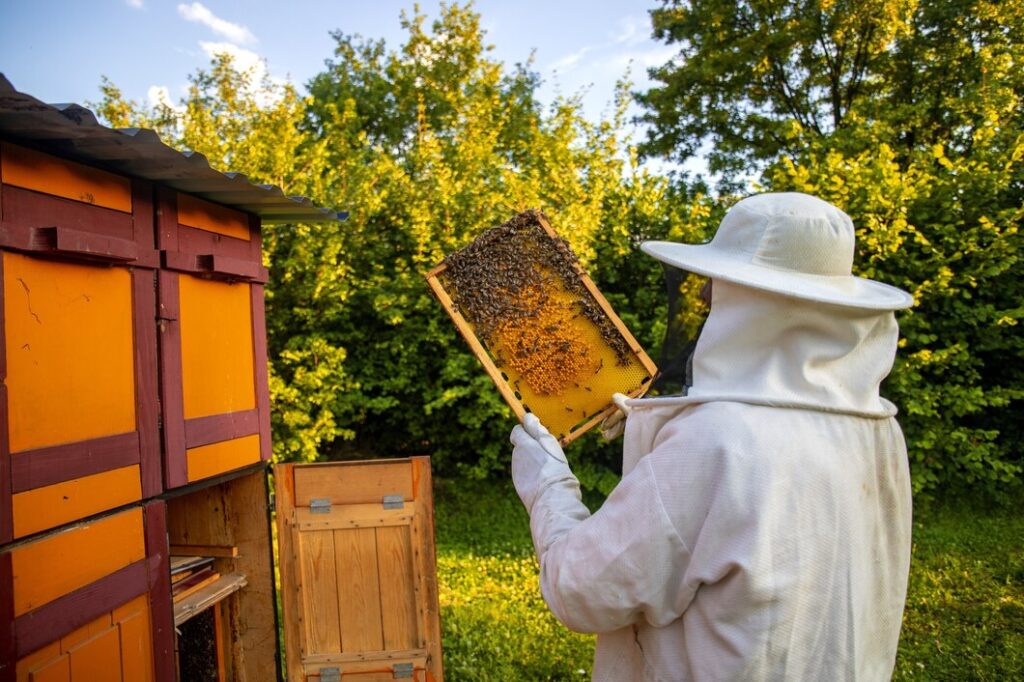
Beekeeping, or apiculture, involves raising bees for honey, beeswax, and other products. It also plays a critical role in pollinating crops. South Africa’s diverse flora provides excellent conditions for beekeeping. This low-investment agribusiness requires knowledge of bee health and management practices to avoid challenges such as colony collapse disorder.
- Opportunities: High demand for honey and beeswax.
- Pros: Low initial investment, ecological benefits.
- Cons: Bee health management, seasonal variations.
- Execution: Start with a few hives, focus on quality production.
- Why: Growing awareness of honey’s health benefits.
6. Aquaculture
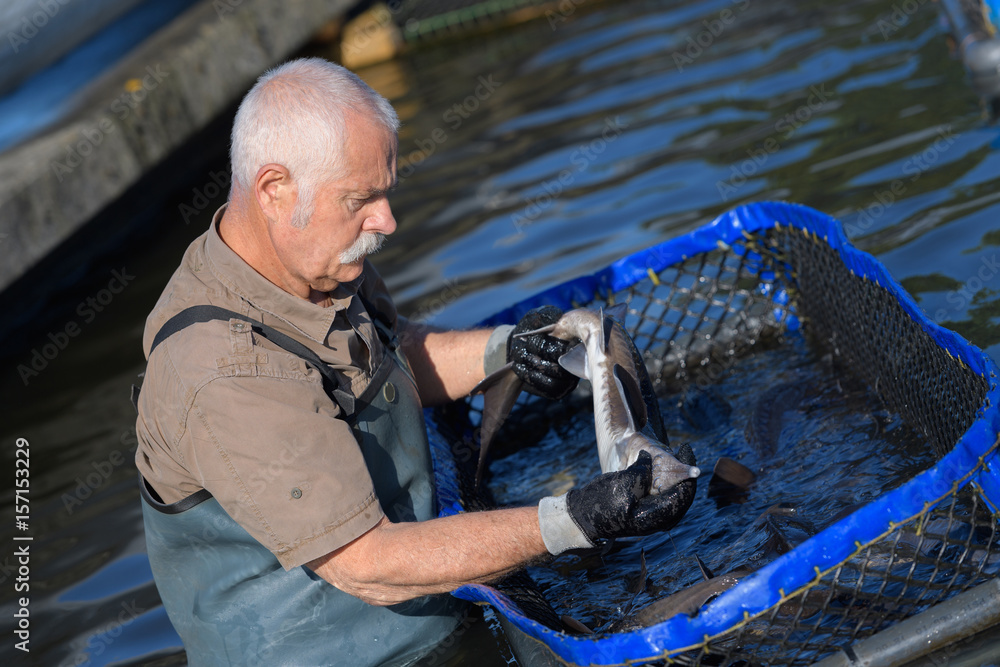
Aquaculture is the farming of fish, crustaceans, mollusks, and other aquatic organisms. In South Africa, there is a high demand for fish and seafood, both locally and for export. Aquaculture offers a sustainable way to meet this demand. Key considerations include water quality management and disease control.
- Opportunities: High demand for fish and seafood.
- Pros: High market value, sustainable options.
- Cons: Water quality management, disease control.
- Execution: Use sustainable practices, focus on high-demand species.
- Why: Overfishing and demand for sustainable seafood.
7. Agro-Processing

Agro-processing involves transforming raw agricultural products into finished goods, such as turning milk into cheese or fruits into jams. This adds value to primary products and can significantly increase profitability. South Africa has a growing market for processed foods, making this a viable business option.
- Opportunities: Value addition to raw agricultural products.
- Pros: Higher profit margins, diverse product range.
- Cons: High initial investment, regulatory compliance.
- Execution: Focus on quality control, market research.
- Why: Adding value to raw produce increases profitability.
8. Herb Farming

Herb farming involves cultivating plants used for culinary, medicinal, or aromatic purposes. Common herbs include basil, rosemary, and mint. In South Africa, the rising interest in natural remedies and gourmet cooking has boosted the demand for herbs. This business requires careful management to ensure quality and consistency.
- Opportunities: Demand for culinary and medicinal herbs.
- Pros: High market value, niche market.
- Cons: Market volatility, intensive labor.
- Execution: Grow high-demand herbs, ensure quality.
- Why: Rising interest in natural remedies and gourmet cooking.
9. Fruit Orchards
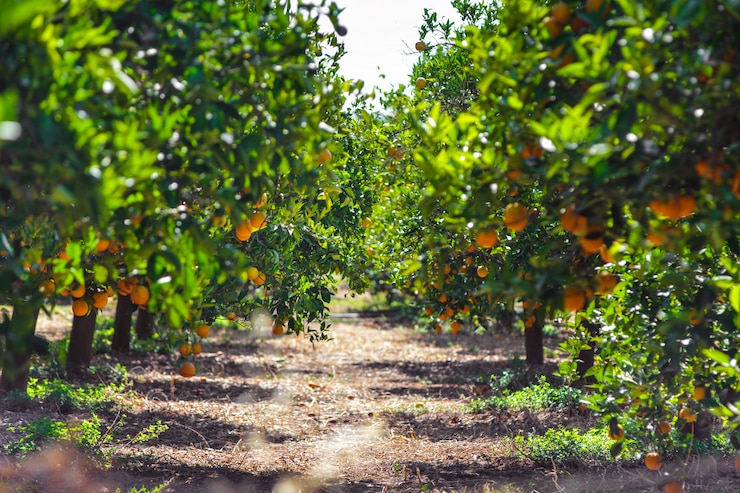
Fruit orchards involve growing fruit-bearing trees such as apples, oranges, and avocados. South Africa’s favorable climate allows for the cultivation of a variety of fruits. Establishing an orchard requires significant initial investment and time, but the high demand for fresh and processed fruits makes it a lucrative venture.
- Opportunities: Demand for fresh and processed fruits.
- Pros: High demand, diverse fruit options.
- Cons: Long gestation period, pest control.
- Execution: Select suitable fruit varieties, invest in pest management.
- Why: South Africa’s climate is ideal for fruit cultivation.
10. Mushroom Farming

Mushroom farming focuses on growing edible fungi such as shiitake, oyster, and button mushrooms. This business is gaining popularity in South Africa due to the high demand for gourmet and medicinal mushrooms. Mushroom farming requires a controlled environment to ensure optimal growth and prevent contamination.
- Opportunities: Growing market for gourmet mushrooms.
- Pros: High profitability, short growth cycle.
- Cons: Controlled environment needed, contamination risks.
- Execution: Use controlled environments, focus on quality.
- Why: Increasing demand for gourmet and medicinal mushrooms.
11. Floriculture

Floriculture is the cultivation of flowers and ornamental plants for gardens, floral arrangements, and landscaping. South Africa’s diverse climate supports a variety of flowers. This agribusiness can be highly profitable but requires attention to detail and marketing to manage the perishability and seasonal nature of flowers.
- Opportunities: Demand for flowers for decor and export.
- Pros: High market value, aesthetic appeal.
- Cons: Perishability, intensive care.
- Execution: Focus on high-demand flowers, ensure timely delivery.
- Why: Growing domestic and international markets.
12. Poultry Farming
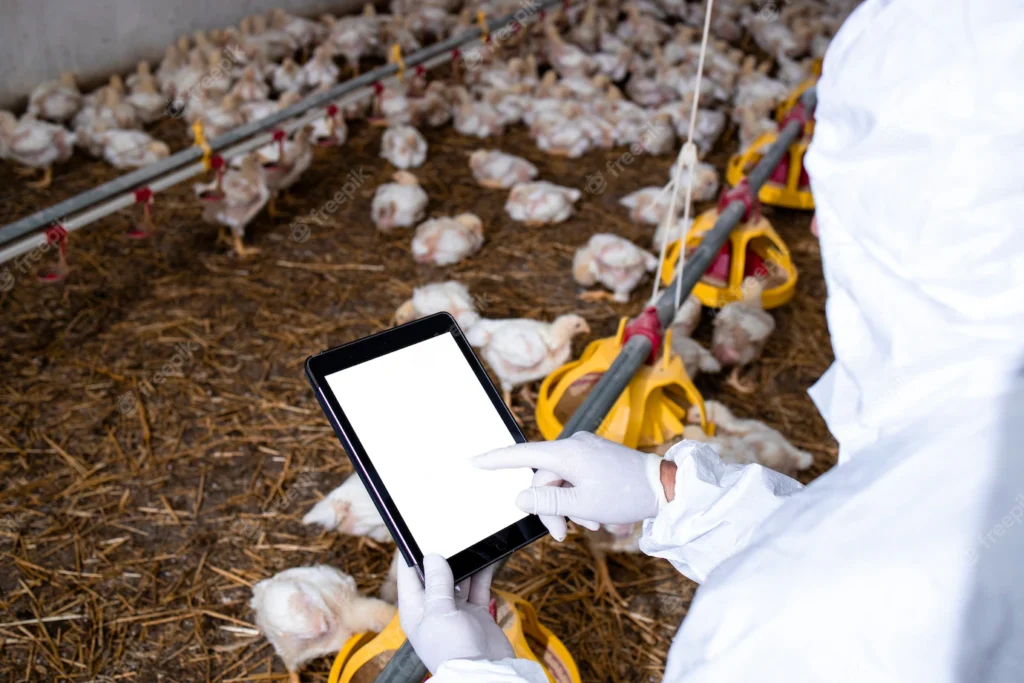
Poultry farming involves raising birds such as chickens, ducks, and turkeys for meat and eggs. This is a significant part of South Africa’s agricultural sector due to the high demand for poultry products. Efficient poultry farming requires proper housing, nutrition, and disease management to ensure high productivity.
- Opportunities: High demand for eggs and poultry meat.
- Pros: Fast production cycles, steady demand.
- Cons: Disease management, market competition.
- Execution: Invest in quality breeds, proper housing.
- Why: Poultry is a staple protein source in South Africa.
13. Hydroponics
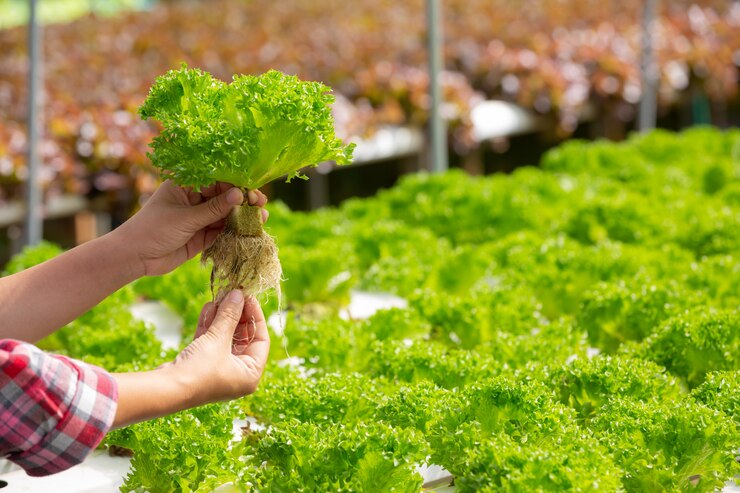
Hydroponics is a method of growing plants without soil, using nutrient-rich water solutions. This efficient farming technique allows for year-round production and high yields. In South Africa, hydroponics can be particularly useful in areas with poor soil quality. The initial setup cost is high, but the system can lead to significant long-term savings.
- Opportunities: Efficient, soil-less farming method.
- Pros: High yields, year-round production.
- Cons: High initial setup costs, technical expertise needed.
- Execution: Set up hydroponic systems, focus on high-value crops.
- Why: Efficient use of water and space.
14. Dairy Farming
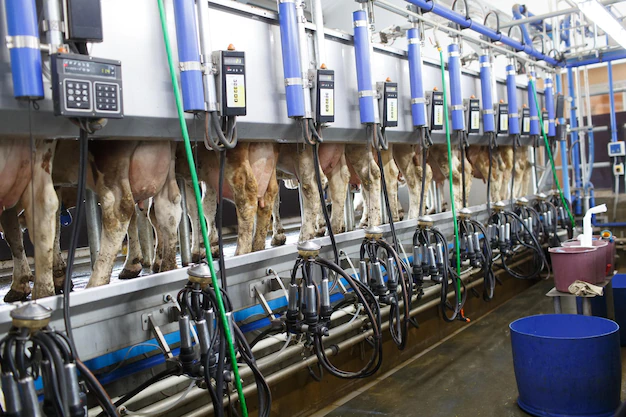
Dairy farming focuses on raising cows, goats, or sheep for milk and other dairy products. South Africa’s dairy industry is well-established, with strong local and export markets. Successful dairy farming requires investment in quality breeding, feed, and herd health management to ensure consistent milk production.
- Opportunities: Steady demand for milk and dairy products.
- Pros: Consistent market, variety of products.
- Cons: High maintenance, disease management.
- Execution: Focus on herd health, quality production.
- Why: Dairy is a key component of South African diets.
15. Game Farming

Game farming involves raising wildlife for meat, tourism, and conservation purposes. Common game species in South Africa include antelope, buffalo, and ostrich. This agribusiness can be highly profitable due to the growing interest in exotic meats and eco-tourism. It requires significant land, investment, and adherence to conservation regulations.
- Opportunities: High-value meat and tourism potential.
- Pros: Unique market, eco-tourism benefits.
- Cons: High initial investment, regulatory compliance.
- Execution: Develop sustainable practices, market to tourists.
- Why: Growing interest in exotic meats and eco-tourism.
16. Viticulture
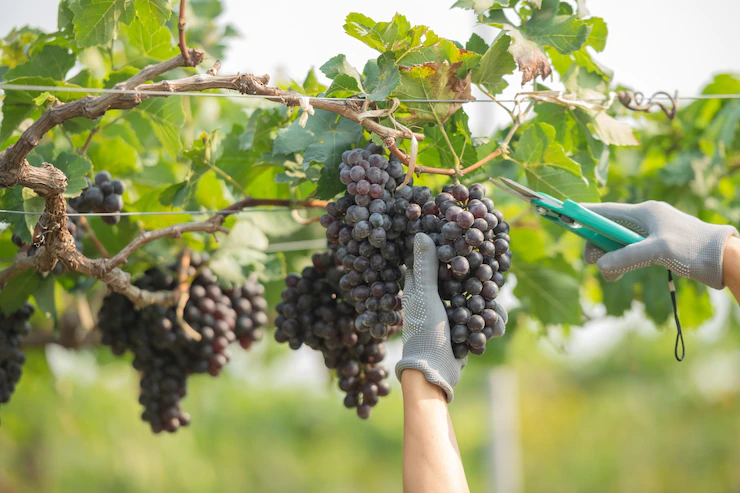
Viticulture is the cultivation of grapevines for wine production. South Africa’s wine industry is internationally renowned, making this a promising venture. Successful viticulture requires selecting suitable grape varieties, managing vineyards, and investing in quality wine production. The initial investment is high, but the potential returns are substantial.
- Opportunities: High demand for wine and grapes.
- Pros: High profitability, strong export market.
- Cons: Long gestation period, climate sensitivity.
- Execution: Select suitable grape varieties, invest in quality production.
- Why: South Africa’s wine industry is renowned globally.
17. AgriTech Solutions

AgriTech involves developing and applying technology to improve agricultural practices. This can include precision farming, drone technology, and smart irrigation systems. In South Africa, AgriTech can help address challenges such as water scarcity and labor shortages. Entrepreneurs can create or distribute tech solutions tailored to local needs.
- Opportunities: Tech-driven solutions for agriculture.
- Pros: High innovation potential, efficiency improvements.
- Cons: Technical expertise required, high initial costs.
- Execution: Develop and market tech solutions, focus on farmer needs.
- Why: Increasing demand for technology to improve agricultural productivity.
18. Seed Production
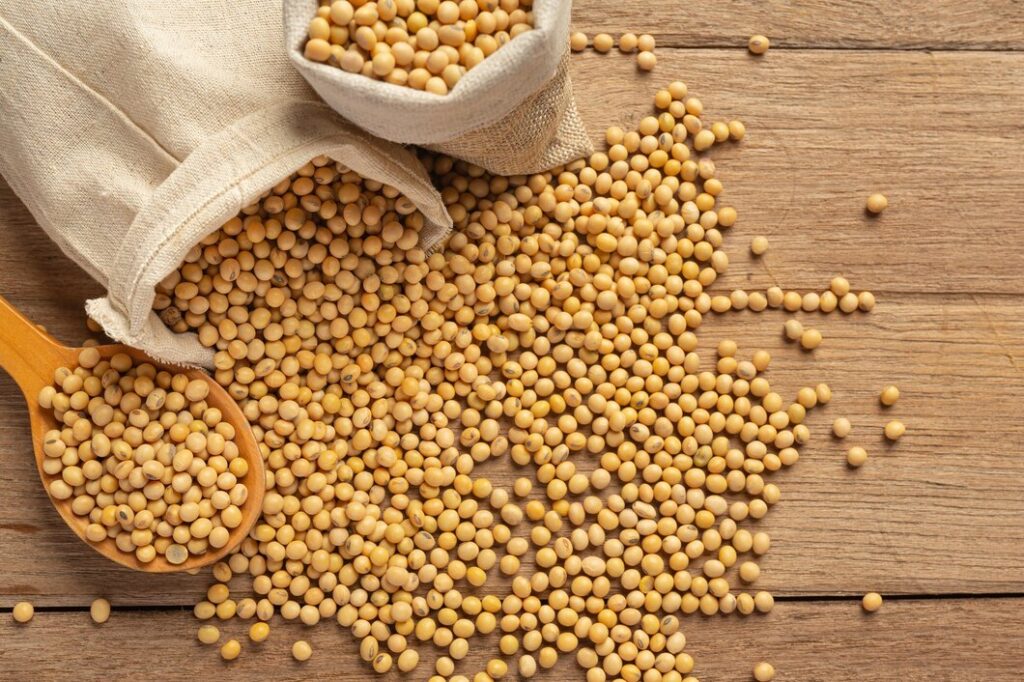
Seed production involves growing and processing seeds for sale to farmers and gardeners. Quality seeds are essential for successful crop production. In South Africa, there is a strong demand for high-quality, certified seeds. This business requires knowledge of plant breeding and strict quality control to ensure viability and compliance with regulations.
- Opportunities: Demand for high-quality seeds.
- Pros: High market value, essential for farming.
- Cons: Strict quality control, certification needed.
- Execution: Focus on quality and certification, develop distribution channels.
- Why: Quality seeds are critical for crop productivity.
19. Vermiculture

Vermiculture is the practice of breeding worms to produce vermicompost, a high-quality organic fertilizer. This eco-friendly business is gaining traction in South Africa as farmers and gardeners seek sustainable farming inputs. Vermiculture requires minimal investment and space but needs proper management to maintain worm health and compost quality.
- Opportunities: Growing interest in organic fertilizers.
- Pros: Low initial investment, environmental benefits.
- Cons: Market education, niche market.
- Execution: Produce high-quality vermicompost, market to organic farmers.
- Why: Increasing demand for sustainable farming inputs.
20. Farm Equipment Leasing

Farm equipment leasing provides farmers with access to modern machinery without the high upfront costs. This business involves purchasing equipment and leasing it to farmers on flexible terms. In South Africa, where many small-scale farmers struggle with capital, equipment leasing can be a valuable service. It requires significant initial investment but offers steady returns through leasing fees.
- Opportunities: High demand for farming equipment.
- Pros: Steady demand, diverse equipment options.
- Cons: High initial investment, maintenance.
- Execution: Invest in high-quality equipment, develop leasing agreements.
- Why: Farmers need access to modern equipment without the high costs.
Agribusiness in South Africa presents numerous opportunities for entrepreneurs willing to invest time, effort, and resources. By leveraging the country’s favorable climate, diverse ecosystems, and growing markets, these 20 agribusiness ventures can offer lucrative and sustainable income streams. Each venture has its unique set of challenges and benefits, and success requires careful planning, market research, and execution.
Join 'Farmers Mag' WhatsApp Channel
Get the latest Farming news and tips delivered straight to your WhatsApp
CLICK HERE TO JOIN

